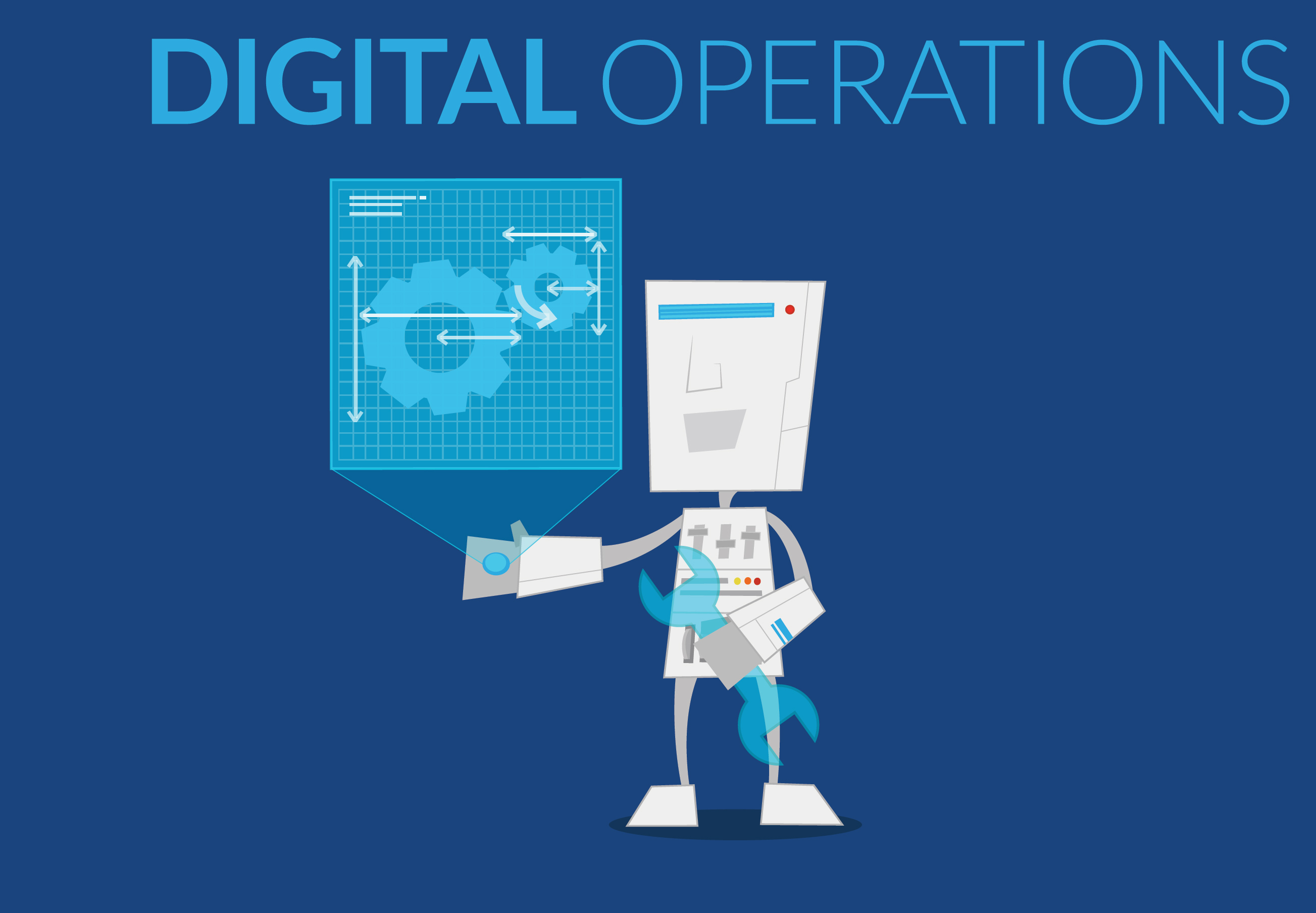Today’s data-driven economy means that numbers are vital – no matter what industry you work in. This is something we here at Vizen understand all too well, and it’s one of the reasons we implemented our Digital Operations Platform (DOP), so that it analyzes data to reveal patterns in KPIs (key performance indicators) that may affect overall performance. But why are KPIs so important, and why should they be tracked in the first place?
We’re going to cover that in this blog post.
In a proverbial nutshell, KPIs are important because:
• They strengthen employee cause & effect
• They support and influence business objectives
• They foster personal growth
• They are critical for performance management
Let’s take a closer look at each of these.
KPIs and Employee Cause & Effect
We are starting off with this value of a KPI because it’s actually among the least-known; indeed, KPIs can be all about acknowledging employees’ hard work and securing their feeling of accountability and responsibility. it’s important to realize how small actions today may lead to big events in the future. Take for example the Butterfly Effect a scientific explanation of how certain open systems (like weather for example) may be impacted by unseen forces and interactions that begin to gradually produce larger more impactful events over time. For example, how a butterfly in Africa flaps it’s wings and eventually produce a series of interactions that leads to a hurricane in Florida eighteen months later. As such, the actions that impact your business success are even more interconnected than you may realize.
Vizen Fun Fact: Here at our company, everyone has KPIs that they are responsible for; when we hit those numbers, there is a sense of ownership in our work and recognizable evidence of our contribution to the team.
When team members feel responsible for KPIs, they are more likely to push themselves and receive more satisfaction from a job well done.
KPIs and Business Objectives
Why are KPIs important to objectives of the business kind? They keep objectives at the forefront of the decision-making process. It is essential that business objectives are well-communicated across an organization, so when people know and are responsible for their own key performance indicators, a business’ overarching goals are kept at top of mind.
KPIs, in this sense, also ensure that performance is measured in relation to the larger business objectives – not blindly in pursuit of the key performance indicator. In essence, this means that every element of work is completed with intentionality and for the right reason.
KPIs and Personal Growth
Through the magic of KPIs, teams are able to measure exactly how they are performing at any given moment; there’s no longer a need to wait for the end of a quarter or project to analyze results. What does this mean with regard to personal growth? It’s about, as we hinted at above, increased morale – allowing employees to monitor their performance and respond in the moment means that they were more likely to reach their goals and better understand how to do so in the future.
KPIs and Performance Management
We consider this one to be the definitive reason why KPIs are important, as it sums up all of the aforementioned elements we discussed: Essentially, what gets measured gets managed. Employee morale, culture and capacity, amongst other factors, all contribute to performance, and KPIs simplify this performance management by enabling everyone to not only see what they’re doing, but what others are doing, too.
When it comes to key performance indicators, Vizen has always believed that the fewer you’re tracking, the better you’re likely tracking them – but what if it came down to one? What if, for a moment and in the sometimes whacky world of business metrics, you had to choose a single KPI that you worked by, day in and day out?
Which would you choose? How did you choose it? Why does it matter? How are you monitoring it?
All things to ponder as we move into 2021…and beyond.


